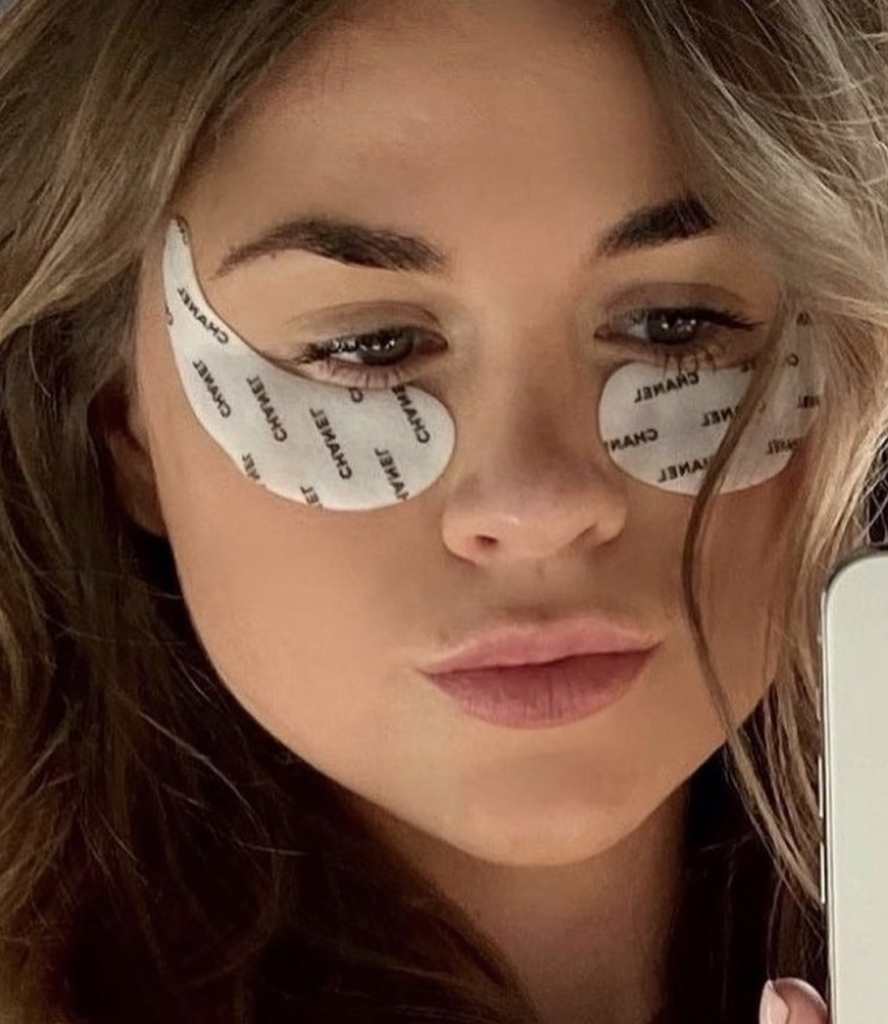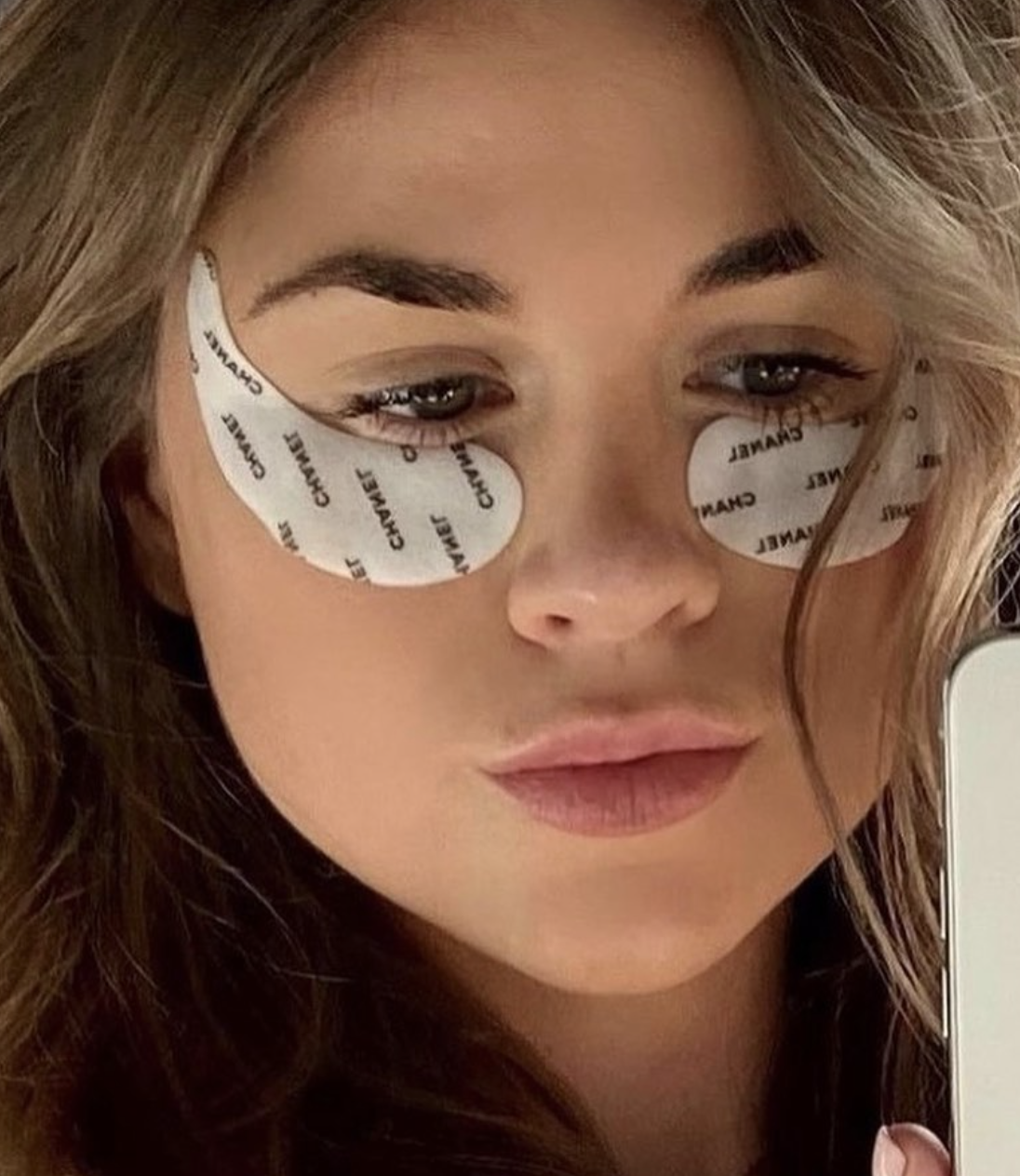Most of us care what we’re putting on our skin. Not only is the skin our largest organ, but it’s also highly absorbent. It’s important to know what to look out for when it comes to safe — and not so safe — skincare products. Here are some things to keep in mind.
FDA Regulations
The FDA’s regulations on cosmetics aren’t very stringent. Except for when it comes to color additives, the agency doesn’t require approval of cosmetics and other beauty products. It does, however, regulate these products.
Many companies do voluntarily undergo beauty product testing through third-party companies to ensure quality and customer satisfaction. But the FDA doesn’t have the authority to require cosmetic and other beauty companies to test their products before putting them on the market.
What does this all mean? The FDA isn’t required to list any harmful chemicals, including carcinogens, that may be lurking in your skincare products.
Ingredients to Avoid
If you’re trying to make skin-smart decisions, there are certain ingredients you may want to avoid in your beauty products. Here are a few of the many chemicals commonly found in beauty products that may be harmful:
- Parabens are commonly found in cosmetics and lotions. According to the FDA, they’re technically considered safe because they’re only found in small amounts in beauty products. But this compound mimics estrogen in the body and has been linked to hormone disruption. A 2004 research paper linked it to breast cancer tissue. Studies are currently underway to see if parabens may be linked to birth defects, obesity, and cancer.
- Formaldehyde. Although it’s a known carcinogen, it still manages to make its way into beauty products — especially keratin treatments. Though some retailers have begun to ban the sale of products containing it, the chemicals bronopol, quaternium-15, diazolidinyl urea, imidazolidinyl urea, and DMDM hydantoin can release formaldehyde.
- Synthetic fragrances. When a product is labeled with “fragrance” or “parfum,” it could contain up to 3,000 unlabeled chemicals.
- Phthalates. This is one of those hidden fragrance compounds. It’s generally found in roll-on perfumes, nail polish, and eyelash adhesive. Similar to parabens, phthalates have been linked to hormonal problems, triggering early puberty for both girls and boys and reducing sperm counts in men. Retailers have recently begun to prohibit the sale of products containing phthalates. Labels list phthalates as DEP, BBzP, DBP, and DEHP.
- PFAs and PFCs. These compounds contain thousands of other chemicals. They’re most often found in sunscreens and shaving creams.
- Carbon black. Generally found in black mascara and eyeliner, this pigment has been linked to cancer (but only when inhaled).
- Talc. Commonly found in face powders and eyeshadows, talcum powder is generally safe. However, there have been some instances of talc being contaminated with asbestos — a known carcinogen. One such incident happened in 2019 when eyeshadow and contour palettes from Claire’s stores were recalled.

What About Clean or Organic Products?
Keep in mind that there’s currently no FDA regulation on products labeled as “clean,” “organic,” and “cruelty-free.” So, technically, there’s no guarantee that you’re actually getting any of those things and not actually getting chemicals, instead. It’s important to still read labels to see what you’re really getting into. Often, “synthetic” products are even cleaner than products that make claims of being natural.
When possible, it’s ideal to use natural DIY remedies in place of beauty products that may be full of chemicals. Be sure to look at labels and try to determine how many potentially toxic chemicals may be in a single product. The goal should be to steer clear of as many harmful ingredients as possible.
These are just some things to keep in mind when it comes to choosing safe cosmetics and skincare products. It’s ultimately up to you to weigh the pros and cons when choosing beauty products. That being said, we should all be aiming to choose cleaner beauty products whenever possible.


